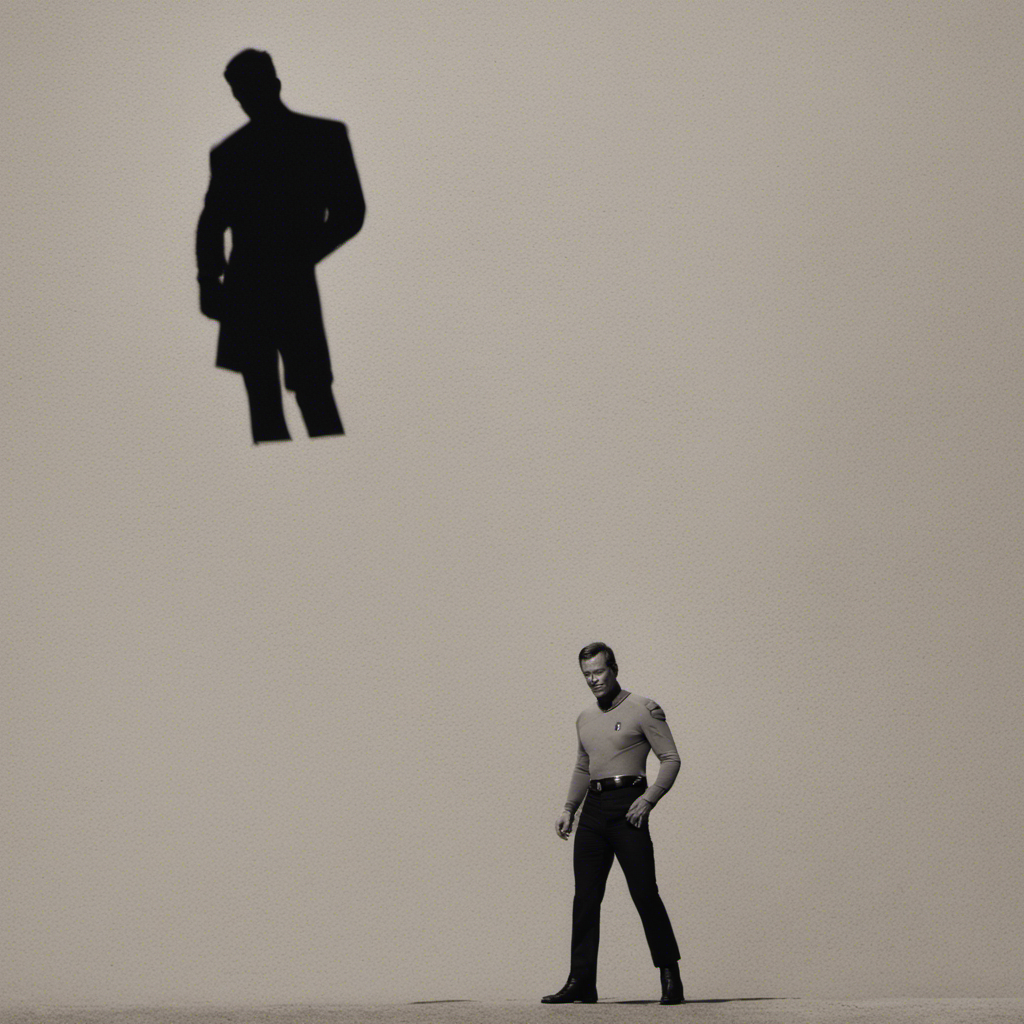
Shadow is a term coined by Swiss psychiatrist Carl Jung that refers to the unconscious aspect of an individual's personality. This unconscious aspect is composed of traits and behaviors that the individual represses or denies as a result of socialization, cultural conditioning, or moral values. In order to learn more about this concept, we’re going to explore it through the lens of the famed Star Trek character – Captain Kirk.
What is the shadow?
In Jungian psychology, shadow is not necessarily a negative aspect of the psyche. It can also be a source of creativity, instinctual wisdom, and vitality if integrated into consciousness. The process of integrating the shadow involves recognizing and owning the repressed aspects of oneself and accepting them as part of one's totality. Failure to integrate the shadow may result in projections, prejudices, and self-sabotaging behaviors that harm one's relationships, career, or mental health.
The Jungian shadow and Captain Kirk.
Captain James T. Kirk, the captain of the USS Enterprise in the original Star Trek TV series, is an exemplary character whose psychology is informed by the Jungian shadow. As a captain of the Starfleet ship, Kirk is a responsible, rational, and competent leader who values duty, honor, and reason. However, beneath his polished exterior lies a deep and complex personality that is shaped by his past, his emotions, and his unconscious. This is evident in many instances throughout the series where Kirk faces the shadow's manifestations in the form of his inner demons, fears, and fantasies.

Irrational actions.
One of the most prominent examples of Kirk's shadow is his impulsive and reckless behavior. Despite his reputation as a level-headed captain, Kirk often disregards Starfleet regulations, takes risks, and breaks rules to achieve his goals. He is often motivated by his personal desires, ambitions, or sense of justice rather than the ethical or logical considerations that govern his position. For instance, in the episode "The Menagerie," Kirk risks his life and the safety of his crew to bring his friend and former captain, Christopher Pike, to a forbidden planet where he can live his dream life.
Mortality.
Kirk's shadow also includes his fear of death and failure. Although he is confident and courageous in his actions, Kirk is also aware of the risks and dangers of his missions. He is haunted by the memory of his father's death, his own mortality, and the possibility of losing his ship or crew. In the episode "The City on the Edge of Forever," Kirk faces his most significant challenge when he travels back in time and falls in love with a woman whose survival threatens the fabric of history. Kirk is torn between his love and his duty, and his eventual decision leads to a tragic outcome that leaves him questioning his choices and his identity.
Integration.
In one of the earliest episodes, "The Enemy Within," the importance of integrating one's shadow is illustrated. A transponder malfunction results in Kirk being split into two versions of himself. One is meek, benevelont, and indecisive. The other is violent, selfish, and comanding. Neither Kirk is capable of captaining the Enterprise effectively and disaster is narrowly averted by a re-integration of the two which then balance, moderate, and complement each other. Note that niether of the "half Kirks" is purely good or bad, but that it's from the synthesis - or integration - of the two that the effective captain emerges. Such is shadow work in the context of coaching. What elements of the unconscious can we bring to the light in the service of facing our challneges and dilemmas?
Reach Out to Us at Jungian Coaching
If you're interested in helping to shape the next adventure in Jungian coaching - as a coach, trainer, graphical designer, marketer, or as anything else you think may contribute, reach out today!